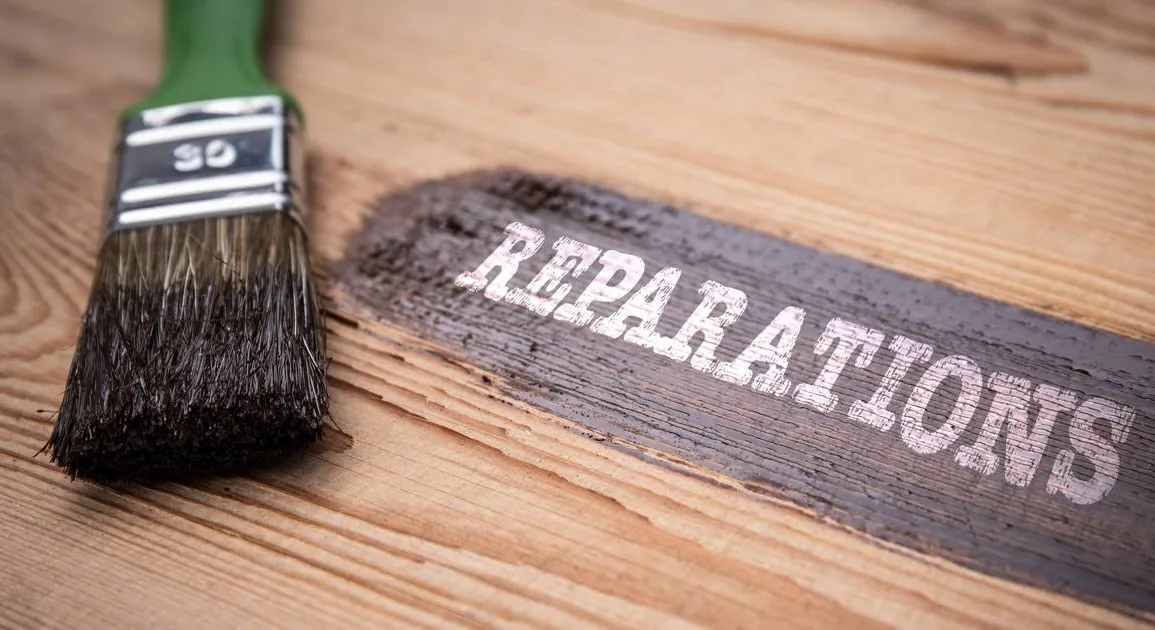A group of people who are descendants of the enslaved Black people who built St. Louis University are calling for reparations on behalf of their ancestors, PBS Newshour reports.
Democratic State Sen. Karla May along with descendants of the enslaved and economist Julianne Malveaux announced on Thursday (Feb. 8) that the wealth acquired amassed from stolen labor, and the construction of the university, “totaled between $361 million and $70-plus billion.”
Malveaux noted the number was reached after calculating “labor for 24 hours per day, 365 days per year for 70 enslaved people from 1823-1865” plus compounding interest, Spectrum News reported.
“The calculations that we came up with and the method that we used are time-honored methods,” Malveaux said. “The university, quite frankly, is overdue, negligent and wrong.”
Areva Martin, the legal counsel who’s representing more than 200 descendants of Henrietta Mills and Charles Chauvin, sent a letter to St. Louis University President Fred Pestello that although the institution has “taken steps to recognize and memorialize its history through the Slavery, History, Memory, and Reconciliation Project (SHMRP),” there is much more that has to be done to right the historical wrongs that were done to Black people.
“While St. Louis University’s acknowledgment of its history has been a welcome demonstration of forthrightness, acknowledgments do not make my clients whole,” Martin’s statement read. “I look forward to working with university leadership to come up with a plan to compensate the descendants for what they are rightfully owed.”
Robin Proudie, the executive director and founder of Descendants of the St. Louis University Enslaved, and a descendant of Mills has dedicated her life to discovering the truth of her family’s history. In her research, she found that Mills at 16 years old married 20-year-old Chauvin on June 28, 1860. They are both listed as, “slaves of St Louis University.”
At the press conference on Thursday, Proudie said that progress has been slow for the university to “reconcile with its past.”
“Our ancestors deserve to be taken from the darkness and brought into the light,” Proudie said, adding they are to take a ‘stand for our ancestors’ because ‘They were not some nameless souls.”
Aside from never properly compensating the enslaved for their labor, the university has yet to pay tribute to their work on campus.
“St. Louis University has a chance to do something positive by properly acknowledging the tragic history,” May argued. “The beginning of trying to make this right is saying the names of the enslaved so that we may never forget them.”
Clayton Berry, a spokesperson of St. Louis University said the school could not respond as they are still gathering the information about the event.
“At this point, we can affirm that we understand and share the sense of urgency expressed by several members of the descendant community,” Berry said, as the university’s role in slavery is “a grave sin.”
“We acknowledge that progress on our efforts to reconcile with this shameful history has been slow, and we regret the hurt and frustration this has caused,” he added.
Since its founding in 1540, The Society of Jesuits had benefited from enslaved labor across the world and was an active participant in slavery in the U.S. until it was abolished in 1865. The Catholic Order used enslaved Black people to construct their churches and schools in numerous states including Alabama, Pennsylvania, Kentucky, Louisiana, Maryland, Illinois Pennsylvania, and Kansas. S. Louis University, Georgetown University, and Spring Hill College all have direct ties to slavery
In 2021, The New York Times that Catholic priests pledged to raise $100 million to benefit “the descendants of the enslaved people it once owned and to promote racial reconciliation initiatives across the United States.”


